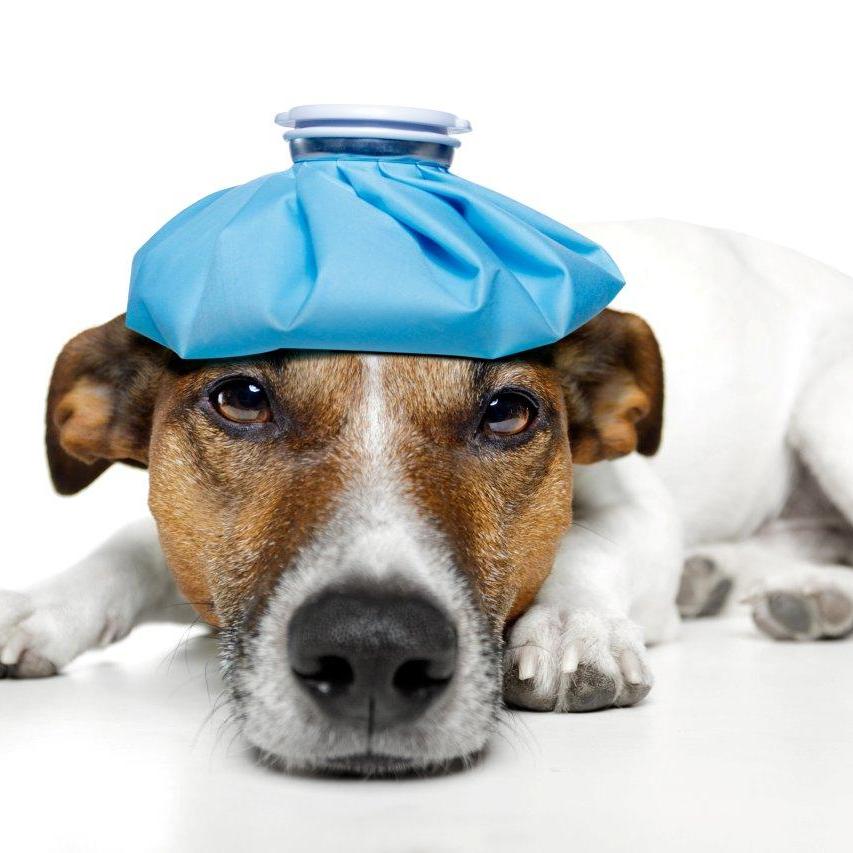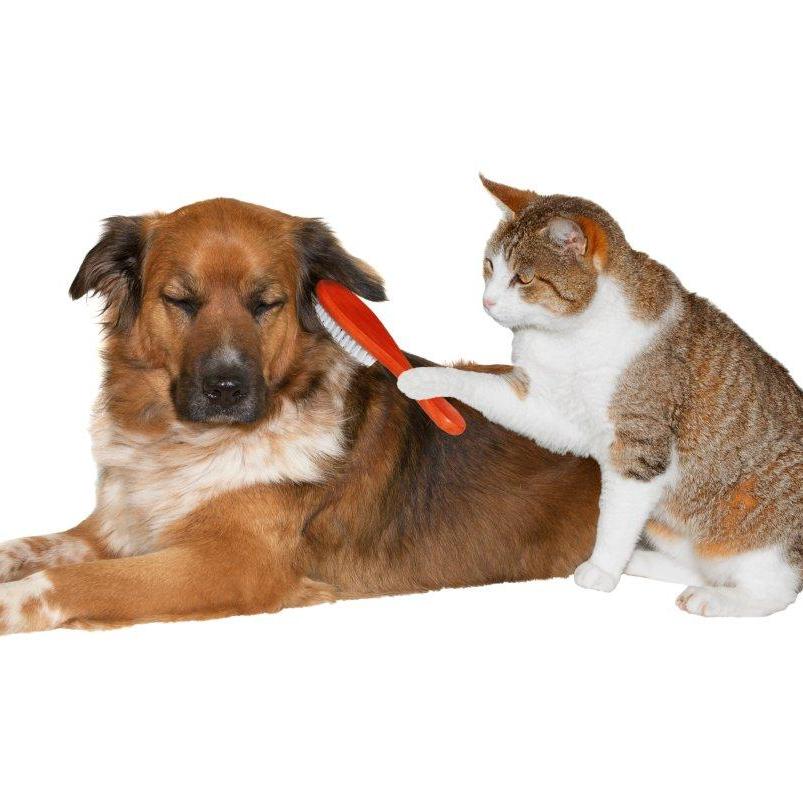

We couldn’t be happier for the pets for whom we have helped find loving homes. Although we are not a rescue group ourselves, we have always done whatever we can to facilitate finding a home for pets in need. Whether you adopt a pet from a local animal shelter or rescue organization, you’re saving aRead More

A microchip that’s no bigger than a grain of rice can be implanted into all kinds of pets — from cats and dogs to reptiles and birds. The device carries a number, which is plugged into a database that includes the name and contact information of a pet’s owner. If you are worried the procedureRead More

It takes a watchful eye to recognize what may be early signs of disease or health problems, please let us know if you notice any of these changes in your pet. Behavioral Changes

Yes! Over 25% of cats with proven heartworm infection are kept indoors exclusively. Owners/family members in the household as well as other pets that do go outside can bring in different parasites and fleas that can affect your indoor cat. All it takes is one adult worm in a cat’s heart to be fatal. CatsRead More

Heartworms are a parasite transmitted by mosquitoes, and are almost always fatal if not detected and treated early. Fortunately, prevention is easy. We recommend annual testing as well as a year-round program of prevention.

Spaying and neutering can help prevent cancer of the reproductive system and can also help curb behavioral problems. Both cats and dogs can be spayed or neutered as young as 6 months of age. It is not necessary for females to have gone through their first heat, nor will it stunt an animal’s growth toRead More

Your pet’s nutritional program plays a critical role in achieving optimal health, happiness and longevity for your cat or dog. Preventative nutrition starts at birth and continues through your pet’s adult life. High quality food is a significant factor to our pet’s health and needs to be considered when deciding which food is best forRead More

Cats are self grooming so that they rarely need a bath. If needed however, be sure to use soap free shampoo and place cotton balls in their ears to prevent water from going in and developing an ear infection. It is important to allow your cat to groom themselves, however additional brushing may be neededRead More

Only use soap free shampoo, otherwise you will strip your dog of his/her flea/tick prevention medication (including baby shampoo). Bathe every 6 weeks (bathing too often causes dry skin). Place cotton balls in your dog’s ears to prevent water from going in and developing an ear infection.


